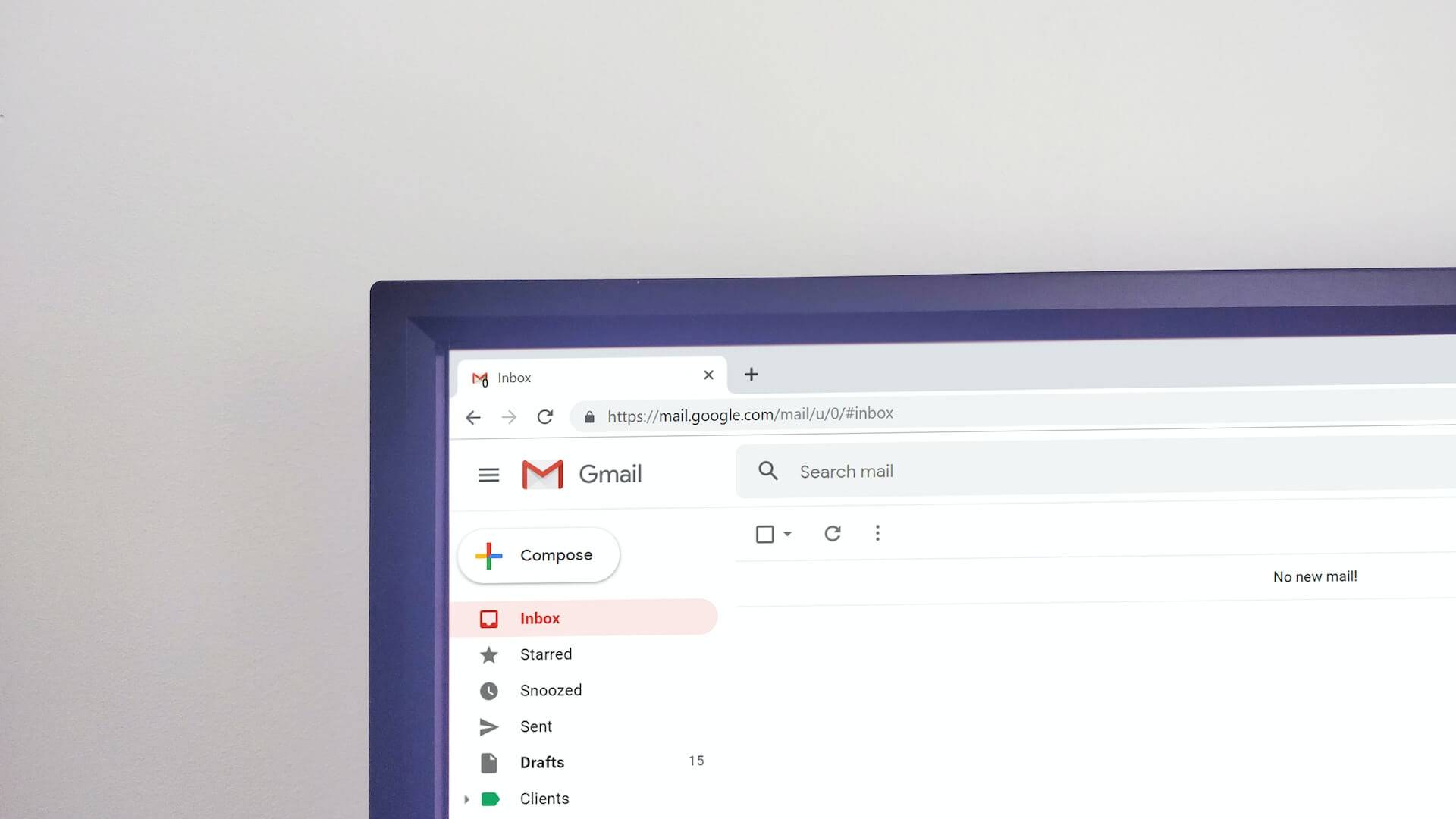The Power of Email Communication in Business: Why It Remains the Ultimate Preference

In today’s digital age, where instant messaging and social media dominate our communication landscape, email may seem like an old-school method. However, when it comes to conducting business, email communication continues to reign supreme as the preferred mode of interaction. In this article, we will explore the compelling reasons why email remains the ultimate preference in the business world.
1. Professionalism and Formality
Email communication exudes a sense of professionalism and formality, making it ideal for business transactions and official correspondence. Whether it’s reaching out to clients, collaborating with partners, or engaging with employees, email sets the tone for a serious and business-oriented conversation.
Unlike informal messaging platforms, emails allow for well-structured and organized content, complete with proper salutations, signatures, and attachments. This formality instills confidence and credibility, reflecting positively on the sender’s brand and reputation.
2. Asynchronous Communication
One of the greatest advantages of email is its asynchronous nature, enabling recipients to respond at their convenience. This flexibility is especially valuable in a global business landscape where time zones may vary. Unlike phone calls or real-time chats, email allows parties to engage in meaningful discussions without the pressure of swift responses.
Asynchronous communication also provides individuals with the time to carefully consider their responses, resulting in more thoughtful and well-articulated messages. This reduces the likelihood of misunderstandings and promotes effective problem-solving.
3. Record Keeping and Documentation
Email serves as a reliable record-keeping tool, maintaining a comprehensive archive of past communications. This becomes invaluable in documenting agreements, project updates, and crucial decisions. Businesses can refer back to these records in case of disputes, aiding in dispute resolution and legal protection.
Moreover, email facilitates seamless collaboration within teams, allowing members to stay updated on project progress and discussions. The ability to search and retrieve specific information from email history streamlines workflow and enhances productivity.
4. Secure and Confidential Communication
In the corporate world, safeguarding sensitive information is paramount. Email providers employ robust encryption and security measures to protect data during transmission and storage. Password protection and authentication mechanisms ensure that only authorized personnel can access confidential messages and files.
Businesses can also implement additional security measures, such as two-factor authentication and email encryption, for heightened protection of sensitive information, mitigating the risk of data breaches.
5. Efficient and Cost-Effective
Compared to traditional postal mail or phone calls, email is significantly more efficient and cost-effective. With just a few clicks, messages can be sent to multiple recipients simultaneously, saving time and resources. This scalability is especially advantageous when communicating with a large customer base or global audience.
Additionally, email marketing has emerged as a powerful tool for businesses to promote their products and services, reaching a wide audience with minimal expenditure. Tracking features in email marketing platforms allow businesses to measure campaign performance and make data-driven decisions.
6. Integration with Business Tools
Email seamlessly integrates with an array of business tools and software, further enhancing productivity. From project management platforms to customer relationship management (CRM) systems, email serves as a central hub for various business operations.
Collaboration and communication tools, such as Microsoft Teams and Slack, often rely on email notifications to keep users updated, ensuring smooth team coordination.
Conclusion
In a world marked by fast-paced technological advancements, email communication remains steadfastly the preferred choice in the business landscape. Its professionalism, asynchronous nature, record-keeping capabilities, security features, efficiency, and integration with business tools make it an indispensable tool for effective and successful business operations.
As businesses continue to embrace digital transformation, email communication will undoubtedly continue to play a central role in facilitating meaningful connections, fostering collaboration, and driving growth in the global marketplace.




